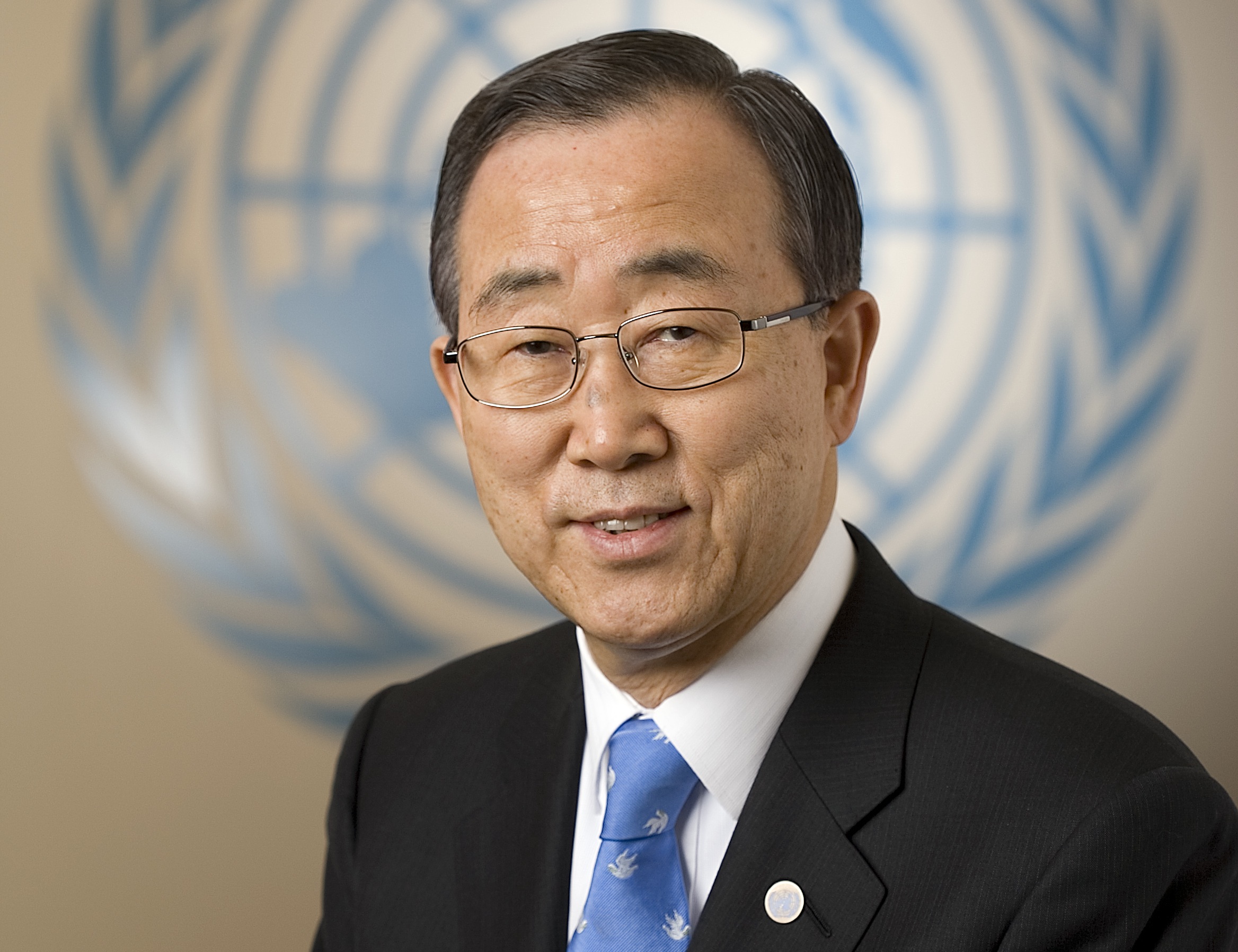The United Nations secretary-general, Ban Ki-moon, had shocked the United States, its western allies and the Syrian opposition by announcing that Iran would attend the talks, starting on Wednesday.
Iran is the Syrian regime’s most important sponsor, and the move was also welcomed by Russia, which said Iran’s absence would be an “unforgivable mistake”.
But the opposition Syrian National Coalition, which had only reluctantly agreed to its western backers’ demands it attend after a vote on Saturday, immediately said it would pull out.
It gave Mr Ban until last night to withdraw the offer if Iran did not immediately promise to withdraw its forces from Syria and agree to the formation of a transitional government, as agreed in a previous round of talks in Geneva in June 2012.
When Iran refused to do so, Mr Ban was forced to backtrack. “He continues to urge Iran to join the global consensus behind the Geneva communique,” his spokesman said. “Given that it has chosen to remain outside that basic understanding, he has decided that the one-day Montreux gathering will proceed without Iran’s participation.”
The Montreux part of the talks will be attended by a Syrian delegation led by the Assad regime’s foreign minister and the Coalition representing the rebels, as well as ministers from an array of states supporting either side in the conflict, including Russia, the United States and Britain.
Talks will then resume in Geneva on Friday, with direct negotiations taking place between the two Syrian sides conducted in closed-door session by the UN envoy, Lakhdar Brahimi.
Iran’s previous refusal to accept the outcome of the Geneva 1 talks, in particular the agreement on a transitional government, meant the western allies had rejected its presence as unhelpful.
They were clearly caught unawares by Mr Ban’s offer, which represented an unusually impulsive gesture for the normally cautious secretary-general. He in turn thought he had won the key concession of acceptance of the Geneva 1 communique after talks with the Iranian foreign minister, Javad Zarif.
“Foreign Minister Zarif and I agree that the goal of the negotiations is to establish, by mutual consent, a transitional governing body with full executive powers,” he said, announcing the U-turn.
However, facing demands for explicit confirmation this was the case, Iran rejected it. Iran “in no way accepts the Geneva 1 statement and if the Geneva 2 conference is based on legitimising the accords of Geneva 1, Iran will not view it as a legitimate conference,” said Ali Akbar Velayati, the foreign affairs adviser to Iran’s supreme leader, Ayatollah Ali Khamenei.
Hopes were already low for the talks’ outcome, and were lowered still further by an interview given by Mr Assad, who rejected their whole premise.
He said he was still likely to seek another term as president, and described the idea that the Coalition might be granted seats as ministers in a transitional government as a “good joke”.
“I see no reason why I shouldn’t stand,” he said. “In short, we can say that the chances for my candidacy are significant.”
He said the war would continue, and that though his troops were making “good progress”, that did not mean victory was near.
The Geneva talks, he said, should focus on the “fight against terrorism”. “Any political solution that is reached without fighting terrorism has no value,” he said.







